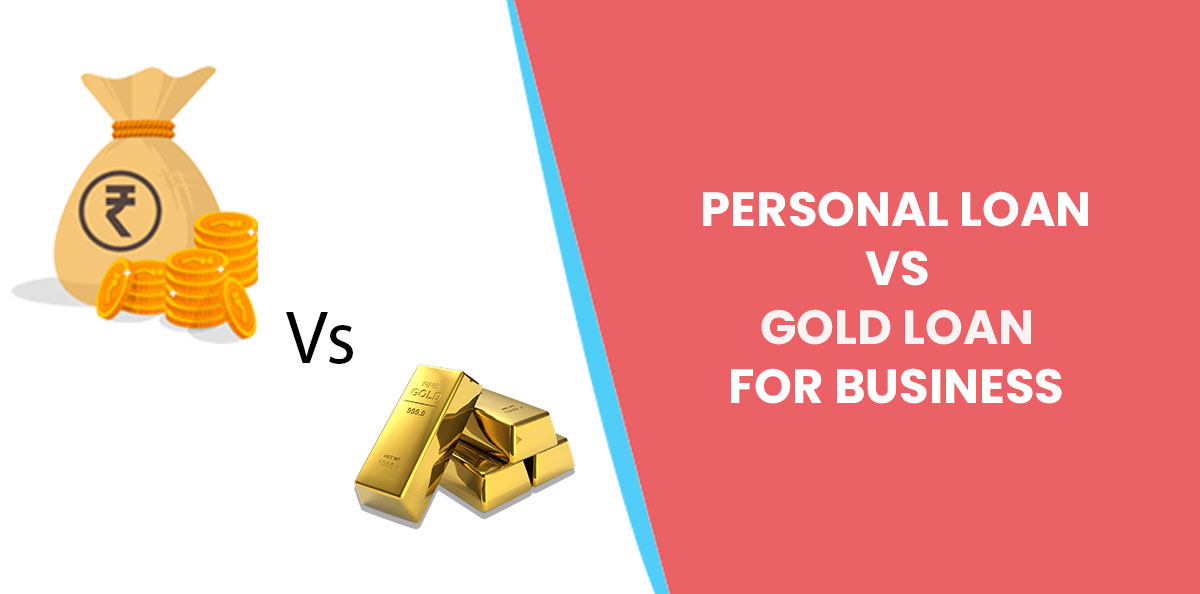

Date:21/10/2022
Gold has always fascinated Indians, whether as an investment or a store of value. The gradual entry of banks into the gold loan market demonstrates its viability as a viable loan product. Until recently, non-banking finance companies dominated the market for gold loans. However, the question of how a gold loan compares to a personal loan for business should be answered & explored.
A personal loan is typically an unsecured loan taken out for various purposes, including marriage, the purchase of durable goods, and a family vacation, among others. In contrast, a gold loan is a secured loan taken out with gold as collateral.
Due to the fact that the majority of households own gold, the idea of mortgaging it to meet immediate financial needs appears lucrative. However, a personal loan outperforms a gold loan in terms of interest rate, term, and fees.
Although gold loans typically carry lower interest rates than personal loans, the loan-to-value (LTV) ratio determines the interest rates on gold loans. This indicates that the interest rate charged by the lender is proportional to the borrower’s funding request as a proportion of the value of gold. This is due to the fact that the lender attaches a risk premium to the interest rate. In addition, lenders value gold at a price below the market price in order to protect themselves from market volatility.
The sanctioned loan amount is contingent upon the creditworthiness of the applicant. A personal loan with 14 to 15 percent interest can be obtained with a good credit score (which is much cheaper than the rates offered for a gold loan). If the applicant already has a mortgage, he can take out a personal loan on the mortgaged property, reducing the interest rate even further.
Gold loans are typically short-term loans that do not include an EMI option. A personal loan is therefore preferable to a gold loan if the borrower is looking for a long-term loan with EMI repayments.
The gold loans provided by banks are less expensive than those provided by NBFCs. NBFCs typically charge a fixed interest rate on loans, whereas banks offer the same product with a reducing balance structure, which is less expensive. However, banks charge processing fees for disbursed loans, whereas NBFCs do not. Therefore, one must compare which lender offers the best terms.
If one is unable to repay a gold loan within the stipulated time, the lender typically auctions the gold six to twelve months after the tenor has expired. Since the lender has placed a lower value on the gold than the market price, it is also sold at a discount. Thus, whoever purchases gold at such auctions does so at a substantial discount!
Gold loans are a better option for individuals with poor credit histories. As financial institutions do not consider the borrower’s credit history prior to loan approval, gold loans are considered to have the quickest loan disbursement compared to other loan products